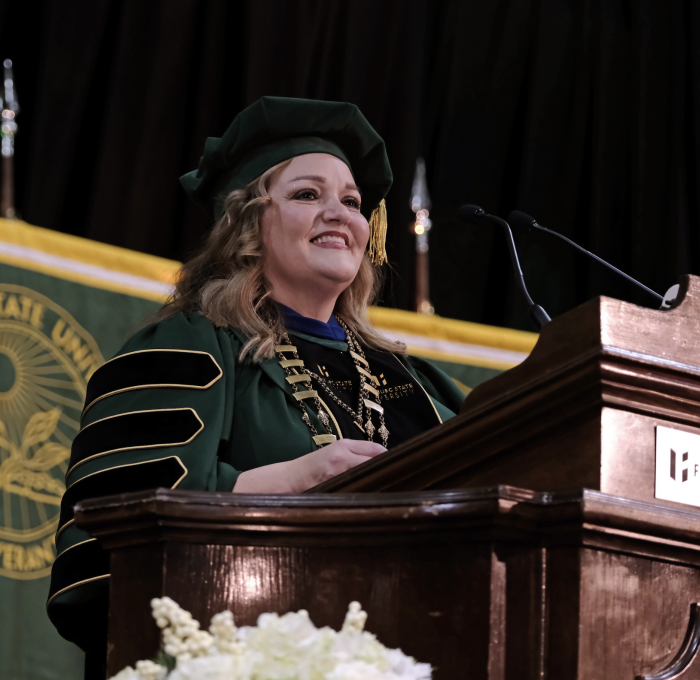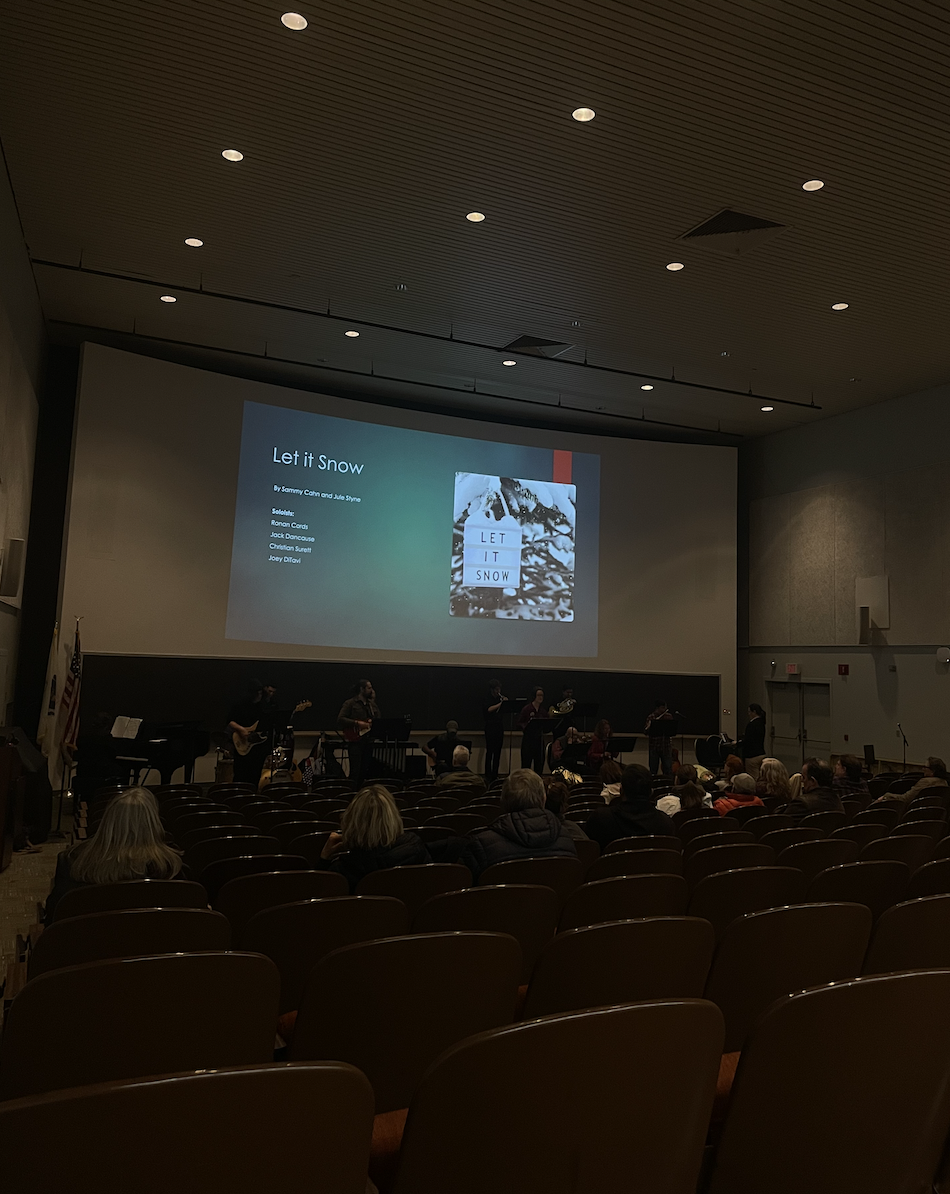
By Devon Pierce
Photos by Jared Lakin
Fitchburg State’s dining-hall services are something that many students use but know little about. Yet Chartwells not only prides itself on options suited to student needs, but also on making use of local produce and on recycling food waste to farms in need.
Phil Bowers, director of Dining Services and a 15-year employee of Chartwells, promotes buying local when possible and maintains high standards for the dining-hall staff. He offered little as far as specifics for where the food for the campus comes from, but he praised the quality of the products in Holmes Dining Hall, and the 60 to 70 employees that prepare the college’s food.
Chartwells buys a large portion of its food from Sysco, a general grocer; this includes everything from breads, meat and produce to frozen foods like waffles and ice cream. Although Chartwells serves schools across the country, the food is rarely bought from the same suppliers, relying on regional foods and providing variations among areas. The only vegetables that come frozen, Bowers states, are the peas and corn that are used in a number of different recipes – everything else comes fresh.
Bowers also shared a look into the actual kitchen here at Fitchburg State, which included barrels of organic waste that is sent to pig farms to be re-purposed. When asked about the

amount of wasted food on average, Bowers admitted to a moderately large amount, “maybe 20 percent.” He believes that part of the reason for this is that students sometimes take extra food to avoid waiting in line a second time, then end up throwing it away half eaten. To try to combat the amount of wasted food, Bowers says the staff does its best to keep a watchful eye over the quantity of food that is made.
When asked what the greatest challenge is in working for Chartwells, Bowers explained that even the smallest complaint needs to be taken seriously and handled effectively. He also explained that people with specific dietary needs – for example, students with gluten allergies – have the option of calling beforehand for every meal to ensure there is something available to them when they arrive. He referenced a number of gluten-free options, including a meatloaf that is made fresh and then frozen, and various bread products. Even this, however, comes with some limitations. Foods specifically for people with such restrictions cannot be prepared in or near areas that could cause contamination, which is in part why these special foods need to be made on a case-by-case basis.

What seems to set Fitchburg State University apart from other schools of similar size, according to Bowers, is the price and quantity of food allowed on meal plans. Fitchburg State University is the only one of the six universities that has the option for what is called the “Freedom Plan,” meaning the student pays to eat an unlimited amount. The closest runner up gets a more limited option that is priced higher than here at Fitchburg, which Bowers says is one of the better aspects of the food services at Fitchburg State University.






